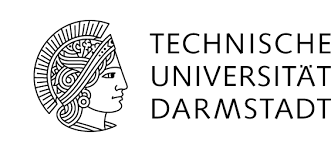Germany
1. Can I study in Germany free of charge?
This will depend on your study level, country of origin, and which state you study in. Tuition fees at all public universities were originally axed in 2014, but it’s been announced that universities in the south-western state of Baden-Württemberg will reintroduce tuition fees for non-EU/EEA students, commencing from autumn 2017. This will not affect current non-EU students or students from Erasmus member states, including non-EU countries such as Turkey and Iceland. The fees will be set at €1,500 per semester – therefore coming to €3,000 per year (~US$3,300). Students obtaining a second degree will pay a reduced rate of €650 per semester, or €1300 per year (~US$1,400).
It’s possible that non-EU/EEA tuition fees will be reintroduced to other states in the coming years, but, as of May 2017, undergraduate-level tuition at all other public universities in Germany remains free of charge for all students, both in and outside the EU. You will, however, need to pay a nominal administration fee per semester, which is typically no more than €300 (~US$330).
For postgraduate students, however, tuition fees still exist. These fees may be avoided (or cut dramatically) if you have already graduated from an undergraduate program in Germany in the last few years. If you studied in another country at undergraduate level, you are classed as a non-consecutive student and will need to pay tuition fees, which will vary between universities and courses.
For more information about tuition fees in Germany, see the following:
















































